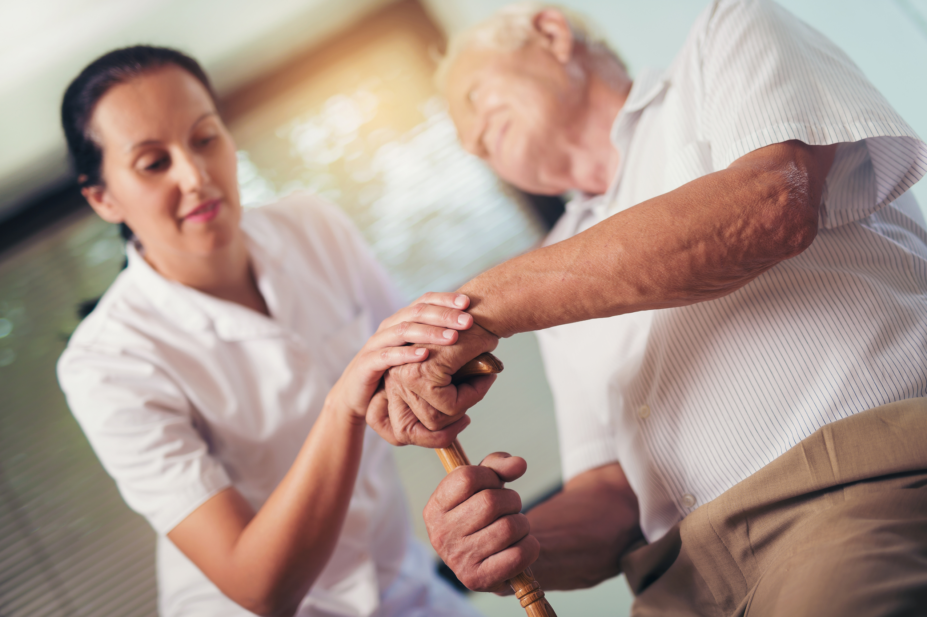
Shutterstock.com
Hospital patients are not getting enough information about how to take care of themselves after discharge, according to a report by the Care Quality Commission (CQC).
The CQC’s Adult Inpatient Survey 2017 revealed that some patients are not being given enough information about new medicines prescribed while in hospital. For example, almost half (43%) of respondents to the survey said a member of staff did not tell them which side-effects to look out for.
While the majority of patients who left hospital with medicines said a member of staff explained the medicines’ purpose in a way they could understand, 9% said that they were not told the reasons why they should take the new medicines.
When respondents were asked whether staff had told them about any ‘danger signals’ to look out for at home, over a third (36%) said that they thought the information they were given was incomplete.
Patients with a mental health condition consistently reported poorer experiences while being cared for as inpatients. Younger people and patients with dementia and Alzheimer’s disease were also more negative about most aspects of their care.
The CQC highlighted the role of the Royal Pharmaceutical Society (RPS) in “setting the standard that patients should be given information about their medicines in a form they can understand before discharge or transfer of care”.
According to guidance from the National Institute for Health and Care Excellence (NICE), inpatients should receive the same pharmaceutical information as patients in other settings, including how to take the medicines, and side effects to look out for.
Liz Butterfield, member of the RPS English Pharmacy Board and president of the Primary Care Pharmacy Association, said patients should be involved in shared decision making about which medicines they are prescribed, and be fully informed about the expected benefits and possible side effects.
“Communication between patients and their doctors, nurses and pharmacists is at the heart of better, safer care,” she said.
“Hospital pharmacy departments are working hard to have more pharmacy staff time available to provide clinical advice and support for patients.
“Around the country, work is in hand to develop and improve clinical handover between hospital pharmacy teams and pharmacists working within GP surgeries and with community pharmacists to provide joined up care.”
The CQC said it would use the results from the survey of 72,778 patients in the regulation, monitoring and inspection of NHS acute trusts in England.
The survey follows the first UK study to investigate medicine harm in older adults following hospital discharge which found that medicines-related harm in older adults costs the NHS £400m each year, most of which is attributable to hospital readmissions. The researchers concluded that there was “considerable scope for improving patient safety”.


